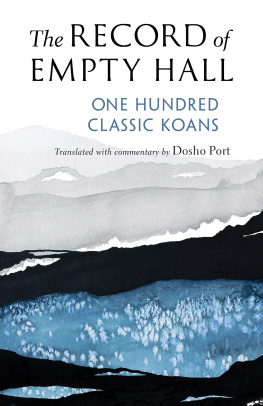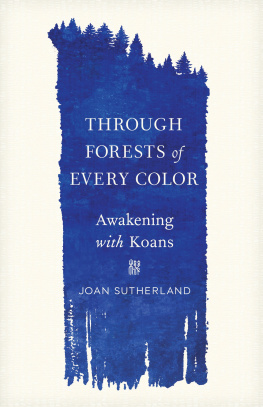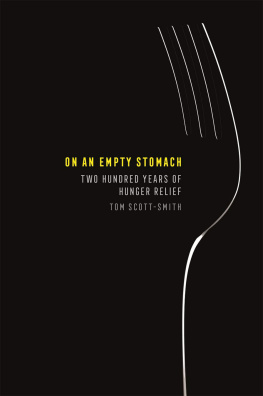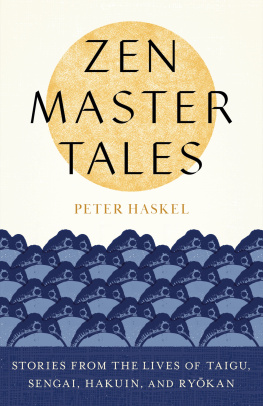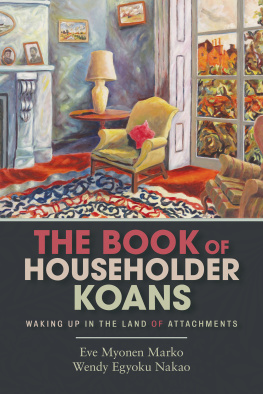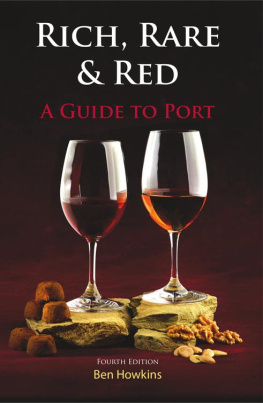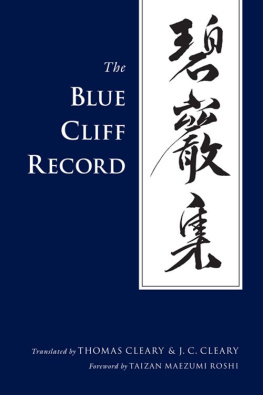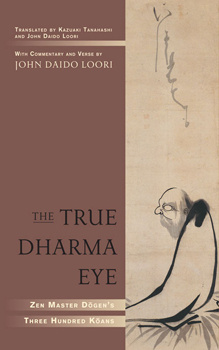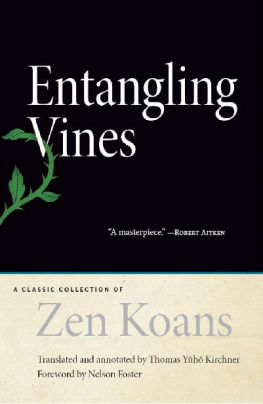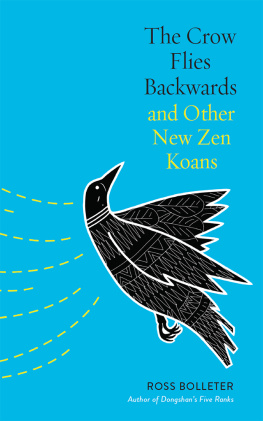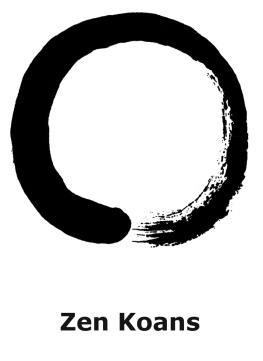Dosho Port - The Record of Empty Hall: One Hundred Classic Koans
Here you can read online Dosho Port - The Record of Empty Hall: One Hundred Classic Koans full text of the book (entire story) in english for free. Download pdf and epub, get meaning, cover and reviews about this ebook. year: 2021, publisher: Shambhala, genre: Children. Description of the work, (preface) as well as reviews are available. Best literature library LitArk.com created for fans of good reading and offers a wide selection of genres:
Romance novel
Science fiction
Adventure
Detective
Science
History
Home and family
Prose
Art
Politics
Computer
Non-fiction
Religion
Business
Children
Humor
Choose a favorite category and find really read worthwhile books. Enjoy immersion in the world of imagination, feel the emotions of the characters or learn something new for yourself, make an fascinating discovery.
- Book:The Record of Empty Hall: One Hundred Classic Koans
- Author:
- Publisher:Shambhala
- Genre:
- Year:2021
- Rating:3 / 5
- Favourites:Add to favourites
- Your mark:
- 60
- 1
- 2
- 3
- 4
- 5
The Record of Empty Hall: One Hundred Classic Koans: summary, description and annotation
We offer to read an annotation, description, summary or preface (depends on what the author of the book "The Record of Empty Hall: One Hundred Classic Koans" wrote himself). If you haven't found the necessary information about the book — write in the comments, we will try to find it.
Dosho Port: author's other books
Who wrote The Record of Empty Hall: One Hundred Classic Koans? Find out the surname, the name of the author of the book and a list of all author's works by series.
The Record of Empty Hall: One Hundred Classic Koans — read online for free the complete book (whole text) full work
Below is the text of the book, divided by pages. System saving the place of the last page read, allows you to conveniently read the book "The Record of Empty Hall: One Hundred Classic Koans" online for free, without having to search again every time where you left off. Put a bookmark, and you can go to the page where you finished reading at any time.
Font size:
Interval:
Bookmark:
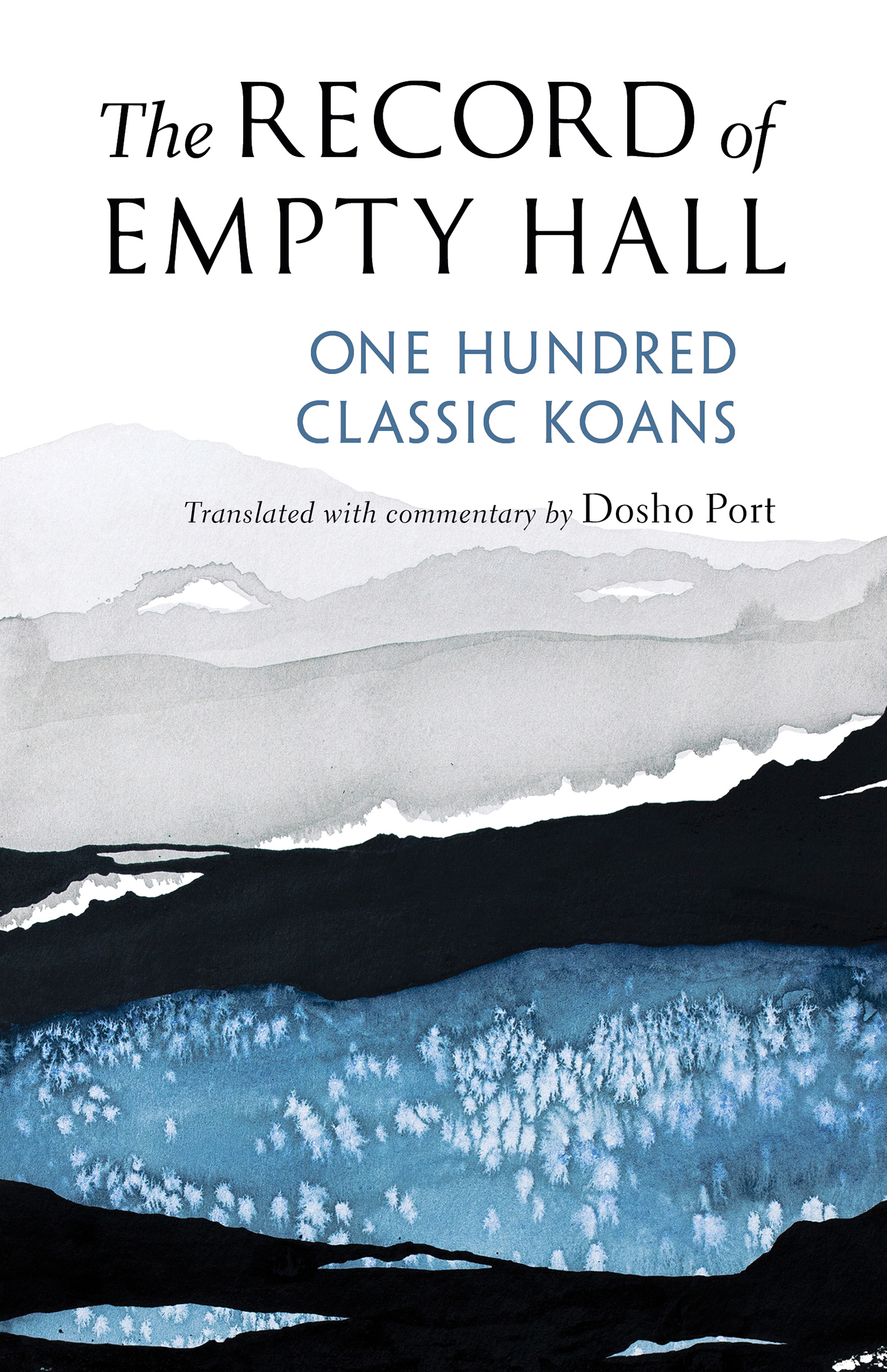
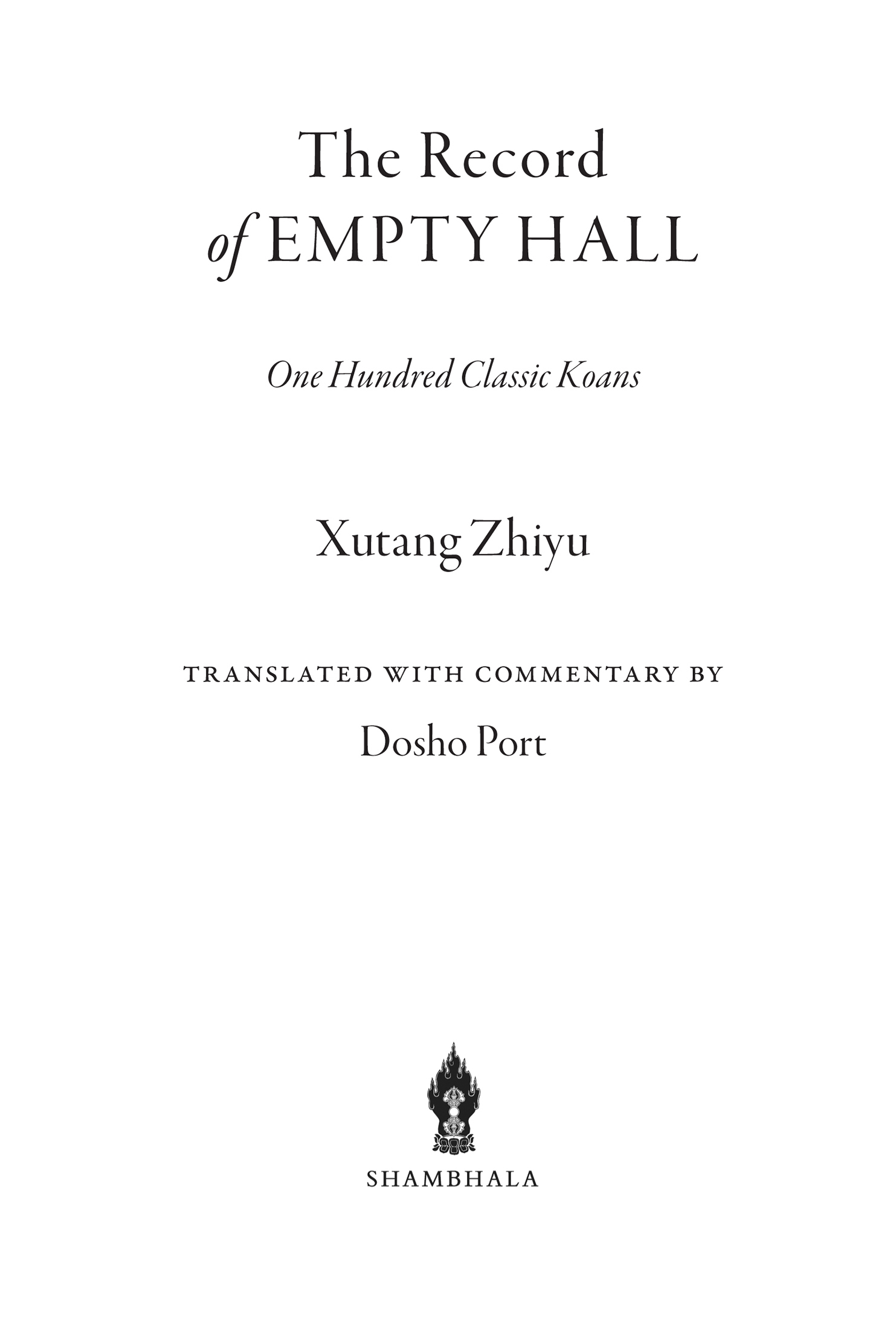
Shambhala Publications, Inc.
4720 Walnut Street
Boulder, Colorado 80301
www.shambhala.com
2021 by Dosho Port
Frontispiece: Mu () calligraphy (English: absence, non, without, no) by Harada Tangen Roshi (19242018)
Cover art: Kim Knoll
Cover design: Daniel Urban-Brown
Interior design: Greta D. Sibley
All rights reserved. No part of this book may be reproduced in any form or by any means, electronic or mechanical, including photocopying, recording, or by any information storage and retrieval system, without permission in writing from the publisher.
For more information please visit www.shambhala.com.
Shambhala Publications is distributed worldwide by Penguin Random House, Inc., and its subsidiaries.
Library of Congress Cataloging-in-Publication Data
Names: Zhiyu, 11851269, author. | Port, Dosho, translator, writer of added commentary.
Title: The record of empty hall: one hundred classic koans / Xutang Zhiyu; translated with commentary by Dosho Port.
Other titles: Xutang he shang yu lu. English
Description: First edition. | Boulder, Colorado: Shambhala, [2020] | Includes bibliographical references and index.
Identifiers: LCCN 2020018874 | ISBN 9781611808919 (trade paperback) Subjects: LCSH: Koan.
Classification: LCC BQ9289.5 .C4713 2020 | DDC 294.3/927dc23
LC record available at https://lccn.loc.gov/2020018874
eISBN 9780834843486
a_prh_5.6.1_c0_r0
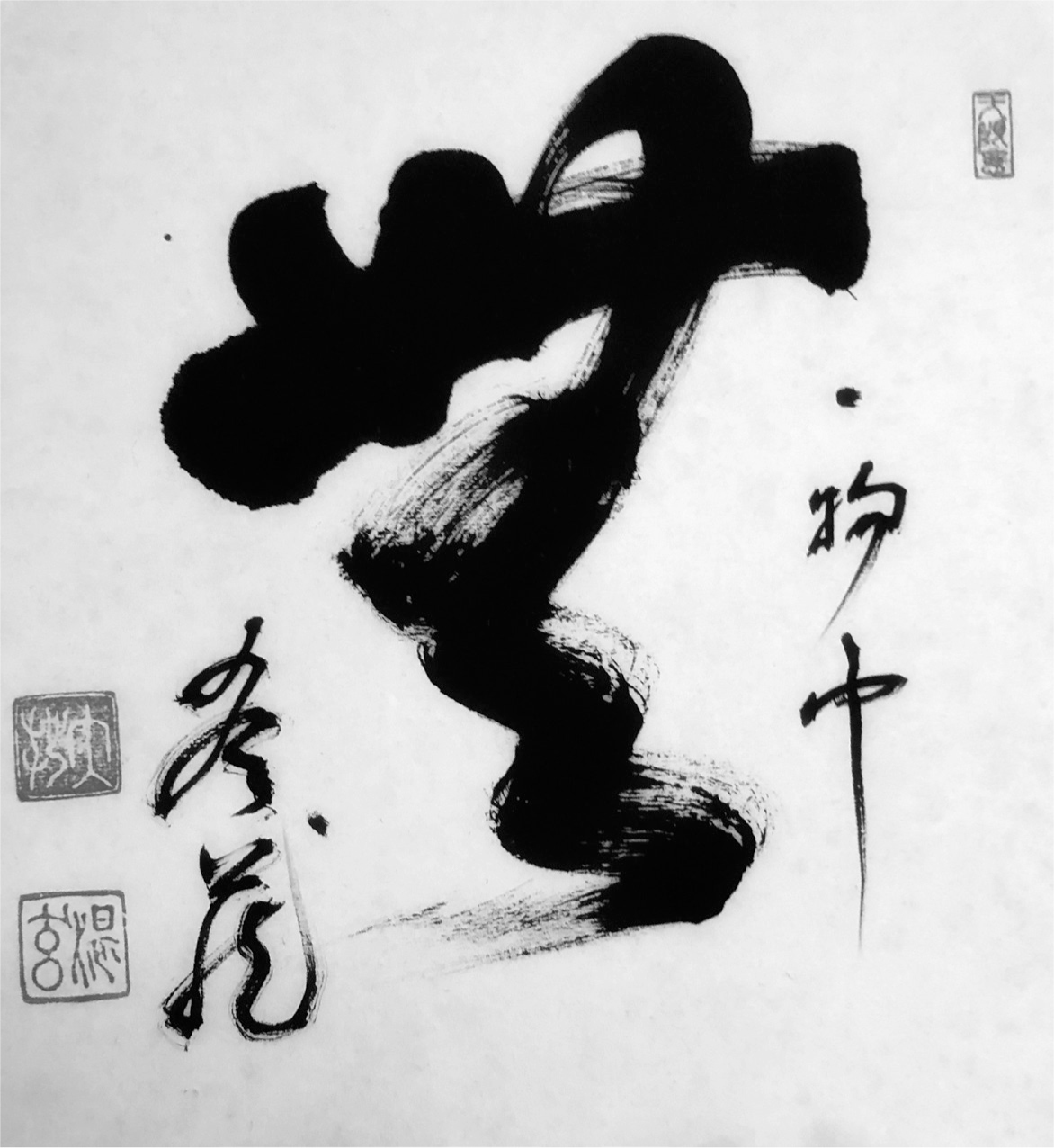
Eighty-five years
Not knowing buddhas and ancestors
Walking casually with arms swinging
Extinguishing great emptiness.
Death poem of Xutang Zhiyu
According to the historical Buddha, Shakyamuni, who started this whole mess we call Buddhism 2,600 years ago, good friends (kalyana mitta) are the whole of practice. In the Upaddha Sutta, the Buddha says, Admirable friendship, admirable companionship, admirable camaraderie is actually the whole of the holy life.
I count Dosho Port Roshi as an admirable companion on the Great Way of Zen. Our friendship is a very particular one. Mostly, we enjoy a mutual love for Zen koan practice, and in my view, Dosho is a master of koan teaching. Someone who is adept in this field of study and practice has to remain open and deeply curious about the meaning of life as transmitted from our Zen ancestors in China, Japan, and Korea to Zen practitioners in the present moment. This transmission is complex and mysterious.
Most koans used today are translations many times over, from Chinese to Japanese to nineteenth-century English to twentieth-century English. Doshos bright mind looks to original Chinese and Japanese sources to help explore the multiplicity of meaning that is at the heart of koan inquiry. I have personally enjoyed and used his fresh translations in my writing, teaching, and personal practice. Our conversations often revolve around koan study. And we have found that there is no end to delving deeply into this mystery.
Xutangs 100 koans appeared in an English translation by Yoel Hoffman in 1977, with answers that are really commentaries from the lineage of eighteenth-century Japanese Zen master Hakuin Ekaku. To my knowledge, there has been no other attempt to render this collection into English, and no published modern interpretations.
Dosho has filled the gap in transmission to the English-speaking Zen world with his clear, warm, and emotionally intelligent writing. He has managed to comment on each koan from the stance of the awakened heart, without sacrificing relatability to our modern life of joys and sorrows. We get to know his wife and teaching partner, Tetsugan, his dog Bodhi, and some of his many sangha friends from the Nebraska Zen Center where he lives and teaches.
Two other skills that Dosho brings to these commentaries are his immense love for our thirteenth-century Japanese ancestor Eihei Dogen, transmitted to him from his first teacher, Dainin Katagiri Roshi. Added to that is his fascination with the history of koan practice and all of the many characters who come to life in the koans. Making these connections is a joy to witness. I am not a scholar myself, but I find his weaving together of these different elements personally inspiring. After all, the point of studying koans is to live the awakened life, not to turn into a scholar. Dosho always leads us back to this moment, where everything we need is spread before us.
The particular lens offered by koan practice helps us to live more deeply and more compassionately. And we get the great good luck of finding intimate friends, including the teachers and students who populate these stories. Dipping into this book for even a few pages will benefit anyone who is intrigued by koan practice and its history, and/or who is doing koan study with a teacher. If this describes you, enjoy your good fortune. Your view of what it means to be a human being is about to be vastly expanded.
Melissa Myozen Blacker
Boundless Way Temple
Worcester, Massachusetts
As I write this, Im in my forty-third year of practicing Zen. I grew up in and among the swamps, bars, and gas stations of northeastern Minnesota, then had the dumb luck of stumbling into one of the first Soto Zen teachers in America, Katagiri Roshi, in Minneapolis in 1977. I went on to train with him and received dharma transmission in 1989, just before he died in 1990.
After Katagiri Roshis death, I first practiced monastically in Japan for a year under the guidance of Harada Tangen Roshi. Unbeknownst to me until years later, when I left Japan I would embark on an intermittent pilgrimage (visiting teachers, doing intensive retreats, and inquiring about the dharma whenever my other responsibilities allowed) while teaching Zen, working as a special educator and administrator, and raising two children. Since Katagiri Roshi died, Ive had the opportunity to study with about twenty Zen teachers in Japan, the United States, and Europe. Well, really just one in EuropeThich Nhat Hanh. Finally, I connected with James Myoun Ford Roshi and Melissa Myozen Blacker Roshi. Then in January 2015, after having completed formal koan training, I received inka shomei (literally, document of succession) from Ford Roshi in the Aitken-Tarrant line of the Harada-Yasutani-Yamada lineage.
Katagiri Roshi taught me that there are three elements to Zen: zazen, study, and engagement. So after completing the Harada-Yasutani koan curriculum, I turned my study practice to one of the creative geniuses behind the system Id worked through, the eighteenth-century Japanese Zen master, Hakuin. I felt determined to continue refining my understanding so that I might be better able to practice awakening.
Hakuin had such high regard for the author of The Record of Empty Hall, Xutang, that he chose this text as the subject for his first large teaching gathering. Although Id already been practicing and studying Zen for decades, I didnt know anything about Xutang, so I began digging. I soon felt like a little kid discovering a cache of golden pennies right in my own sandbox! One thing led to another, and I began translating and then commenting on volume 6 of
Font size:
Interval:
Bookmark:
Similar books «The Record of Empty Hall: One Hundred Classic Koans»
Look at similar books to The Record of Empty Hall: One Hundred Classic Koans. We have selected literature similar in name and meaning in the hope of providing readers with more options to find new, interesting, not yet read works.
Discussion, reviews of the book The Record of Empty Hall: One Hundred Classic Koans and just readers' own opinions. Leave your comments, write what you think about the work, its meaning or the main characters. Specify what exactly you liked and what you didn't like, and why you think so.

